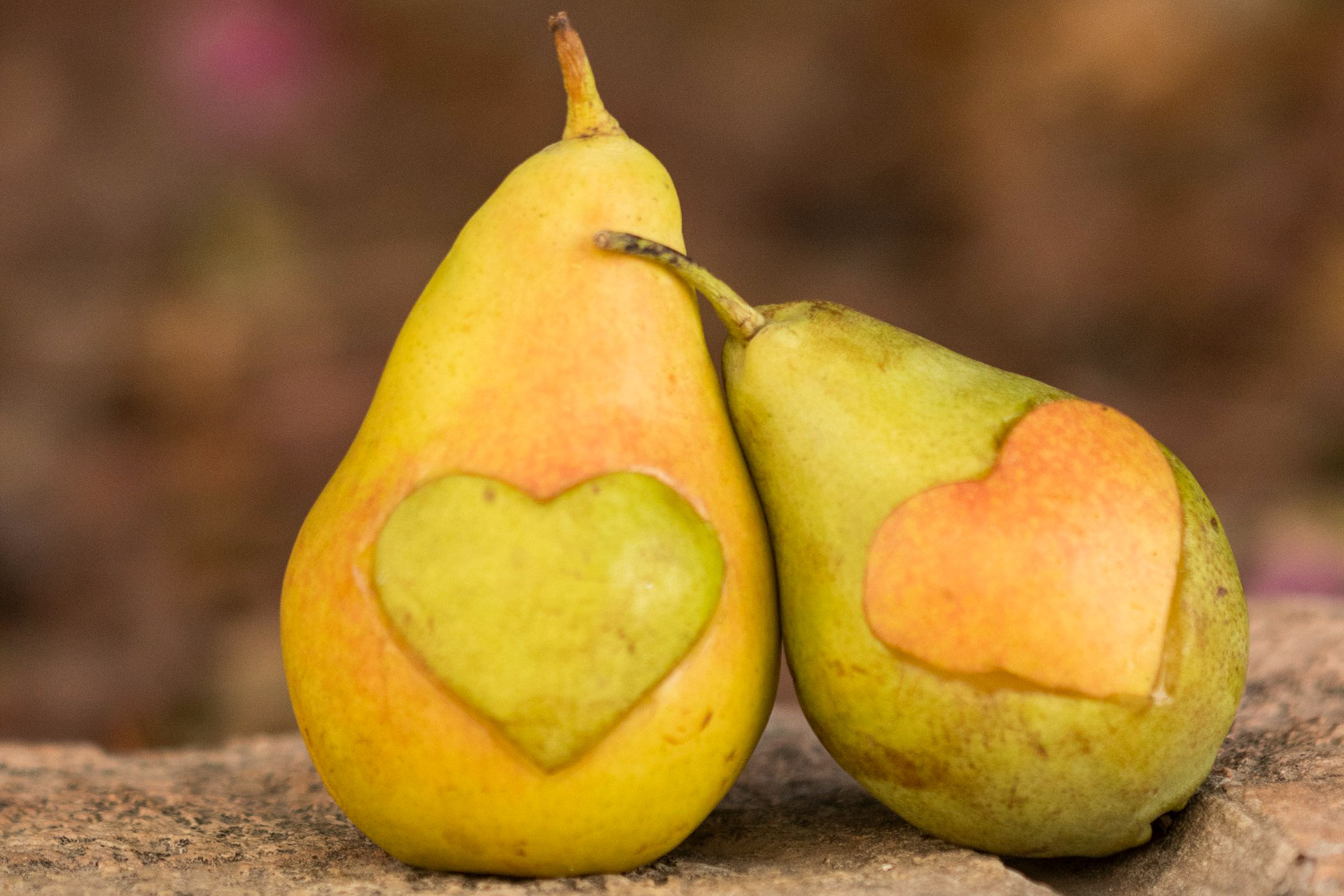Our gut, often called the “second brain,” contains millions of nerve cells that communicate directly with our brain. This communication happens through the vagus nerve and various chemicals, including neurotransmitters. For instance, serotonin, a neurotransmitter that contributes to feelings of happiness, is primarily produced in the gut.
One of the key components of this gut-brain axis is the microbiome, which is the community of bacteria living in our intestines. A healthy and balanced microbiome is essential for good digestion and also plays a crucial role in our mental health. An imbalance in gut bacteria, known as dysbiosis, has been linked to conditions like depression, anxiety, and even cognitive decline.
Nutrition is a powerful tool in maintaining a healthy gut and, consequently, a healthy mind. Here are some ways that nutrition can support the gut-brain connection:
- Eat Fibre-Rich Foods: Fibre is crucial for gut health as it acts as a food source for beneficial bacteria. Foods like fruits, vegetables, whole grains, and legumes are rich in fibre. These foods help to maintain a healthy balance of gut bacteria, which is important for producing neurotransmitters and reducing inflammation.
- Include Fermented Foods: Fermented foods like yogurt, kefir, sauerkraut, kimchi, and miso are rich in probiotics, which are beneficial bacteria that support gut health. These foods can help replenish and diversify the gut microbiome, promoting better digestion and mental health.
- Consume Prebiotic Foods: Prebiotics are types of fibre that feed the good bacteria in your gut. Foods like garlic, onions, bananas, and asparagus are excellent sources of prebiotics. By nourishing beneficial bacteria, prebiotics help maintain a healthy gut environment.
- Reduce Sugar and Processed Foods: High sugar intake and processed foods can negatively impact gut health by promoting the growth of harmful bacteria and causing inflammation. Reducing these foods in your diet can help maintain a healthier gut microbiome.
- Stay Hydrated: Drinking plenty of water is essential for digestion and helps to keep the gut lining healthy. Proper hydration supports the movement of food through the intestines and the absorption of nutrients.
- Consider Omega-3 Fatty Acids: Foods rich in omega-3s, such as fatty fish (like salmon, mackerel sardines), flaxseeds, and walnuts, have anti-inflammatory properties that can benefit both gut and brain health.
In summary, the gut-brain connection is a vital aspect of our overall health. By focusing on nutrition and incorporating gut-friendly foods, we can support a healthy microbiome, improve digestion, and enhance our mental well-being. This holistic approach to diet not only benefits the gut but also promotes a happier, healthier mind.
Need to Ask us a quick Question?
Related Posts
September 16, 2024
Perimenopause Survival Guide
Perimenopause: it’s like your body decided to throw a surprise party and forgot…
July 10, 2024
Nourishing Heart Health Addressing Cardiovascular Disease Through Nutrition
Cardiovascular disease (CVD) is a complex condition influenced by several…
July 10, 2024
Cholesterol Embracing Its Essential Role in Health
Cholesterol often gets a bad rap, especially when talking about cardiovascular…



